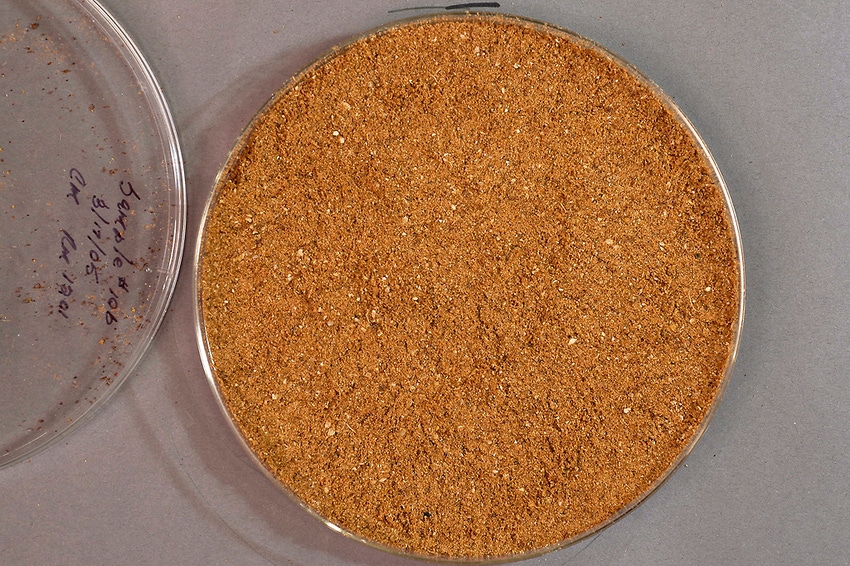First study to look at use of poultry slaughter co-products in diets for pigs.
April 3, 2019

Thirteen companies and research institutes have started a four-year public/private partnership “Circular Bio-economy” to increase the use of co-products and residues as feed materials, according to an announcement from Wageningen University & Research (WUR) in the Netherlands.
Improving resource use efficiency and closing nutrient cycles are key elements in a circular bio-economy, WUR said.
It is a challenge to use every component of a raw material in the most sustainable way, and to generate the highest added value. Usually, high-value components can be extracted from the raw materials in rather small volumes, whereas large volumes of low-grade biomass should be utilized as well.
Livestock production sectors are able to convert large volumes of co-products and residues from the food and bio-based industry into valuable and high-quality human food.
The feed industry plays a crucial role in this process of conversion and upgrading, WUR said, noting that the expertise and equipment are available to re-use large volumes of co-products, in a safe and sustainable way. Moreover, feed applications have a rather favorable position in the so-called “value pyramid,” according to WUR.
Local sourcing
The consortium is especially interested to develop new local sourcing strategies and to improve the European self-sufficiency of feed resources.
One of the first activities in the collaboration is a study on the application and nutritional value of co-products from poultry slaughterhouses (“processed animal proteins”) in the diets of pigs, WUR said. Results of this study will be available later this year.
Furthermore, research was started to extract phosphorus from plant-based co-products and to unlock proteins from grass and green leaves, WUR added. The latter is an appealing example to improve the availability of local protein sources.
The consortium will frequently publish new results and findings on a dedicated website. It is expected that the collaboration will contribute to a more circular and sustainable food and feed production.
Members of the consortium include: ABZ Diervoeding, AgruniekRijnvallei Voer BV, Bonda’s veevoederbureau BV, Coppens Diervoeding, Darling Ingredients International Rendering & Specialties BV, EFPRA, Feed Design Lab, Noblesse Proteins, Nijsen/Granico BV, SARIA International GmbH, Schothorst Feed Research, Vitelia Voeders BV and Wageningen Livestock Research.
Source: Wageningen University & Research, which is solely responsible for the information provided and is wholly owned by the source. Informa Business Media and all its subsidiaries are not responsible for any of the content contained in this information asset.
You May Also Like

.png?width=300&auto=webp&quality=80&disable=upscale)

